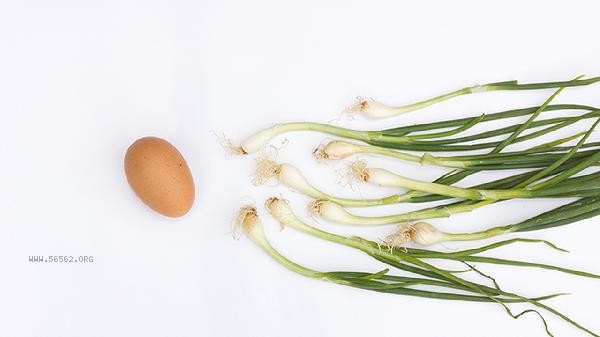Eggs can be stored for 3 months under appropriate conditions without spoiling, and the key is to control temperature, humidity, and isolate bacteria. There are mainly methods such as refrigeration preservation, oil coating preservation, vacuum packaging, lime water soaking, and rice husk burial.

1. Refrigerate
Place the eggs in the refrigerator compartment, keeping the temperature at around 4 degrees Celsius and humidity controlled between 70% and 80%. Refrigeration can effectively inhibit bacterial growth and delay egg spoilage. When storing, keep the tip of the egg facing downwards to prevent the air chamber from being compressed and bursting. Be careful not to frequently open and close the refrigerator door to maintain a stable temperature. Before refrigeration, check if the eggshells are intact. Eggs with cracks should be consumed as soon as possible.
2. Oil preservation
Use edible oil to evenly apply to the surface of eggshells, forming a protective film to isolate the air. You can choose colorless and odorless vegetable oil, apply it and place it in a cool and ventilated place. This method can seal the pores of eggshells, reducing water evaporation and bacterial invasion. Oiled eggs should be stored separately to avoid contamination from contact with other foods. Regularly check the integrity of the oil film, and reapply if it falls off.
3. Vacuum packaging
Place the eggs in a food grade vacuum bag and seal the air thoroughly. A vacuum environment can prevent microbial growth and prolong storage time. Be careful when handling to avoid damaging the eggshell. After vacuum packaging, eggs still need to be refrigerated and the temperature should not be too high. Before packaging, wipe the surface of the eggshell with an alcohol swab to disinfect it.

4. Soak in lime water
Prepare a saturated lime water solution and completely immerse fresh eggs in it. Lime water can form an alkaline environment to inhibit bacteria and seal the pores of eggshells. The container should be sealed and stored away from light, and the lime water should be replaced once a month. Thoroughly rinse the eggshell with clean water before use to avoid lime residue. This method is suitable for batch storage, but may slightly affect the taste of the eggs.
5. Bury Rice Husk
Spread clean rice husks in a dry container and bury eggs in between. Rice husks can absorb excess moisture and maintain a constant temperature, preventing eggs from getting damp and moldy. The storage environment should be cool and dry, avoiding direct sunlight. Regularly flip and inspect to remove spoiled eggs. This method has lower costs and is suitable for large-scale storage in rural areas.

For long-term storage of eggs, it is necessary to choose fresh and undamaged high-quality eggs, and regularly check their condition during storage. If there is any odor, discoloration or yellowing, it should be discarded immediately. Different storage methods can be combined for better results, such as applying oil before refrigeration. Heat and cook thoroughly before consumption to avoid the risk of raw food. Reasonable storage of eggs can extend their shelf life, but it is still recommended to consume them as early as possible to ensure nutrition and taste.








Comments (0)
Leave a Comment
No comments yet
Be the first to share your thoughts!